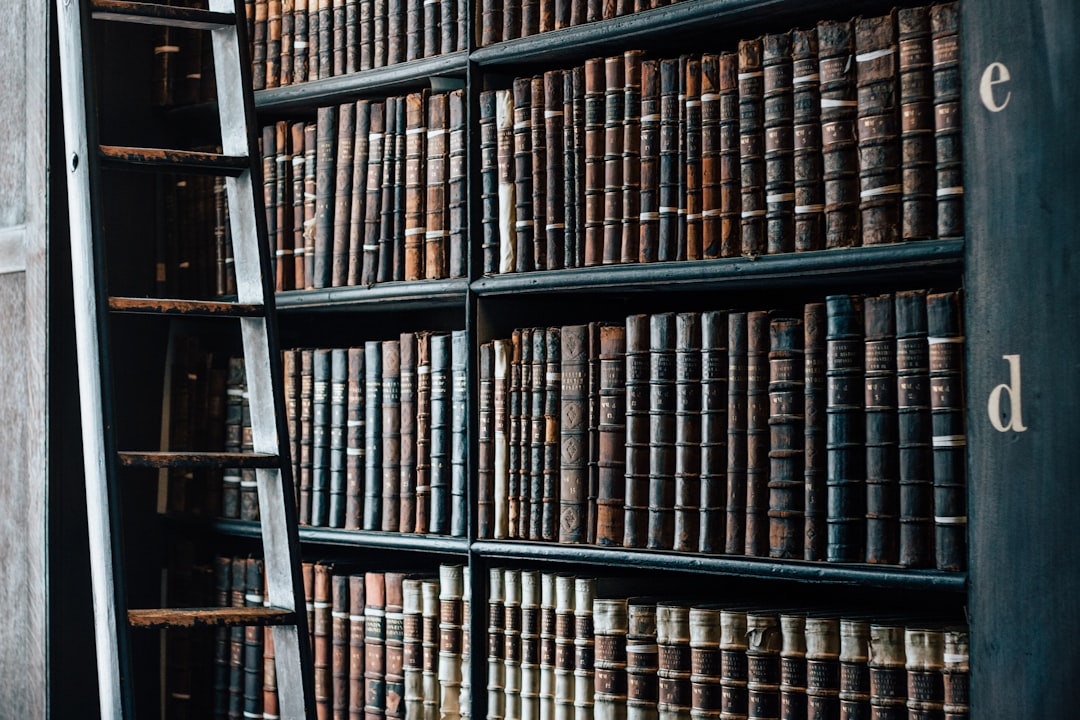Colorado experiences a rising trend in massage abuse cases, with many victims facing stigma or lack of awareness. Massage abuse lawyers play a vital role in advocating for justice and guiding clients through legal systems. To enhance safety, Boulder should implement comprehensive protocols including strict staff training, clear consent procedures, robust reporting mechanisms, and leverage technology like surveillance systems. Strengthening these measures, coupled with public awareness and support from massage abuse lawyers, will foster safer spa environments, deter abuse, and protect residents in Colorado.
In recent years, the rise of massage abuse cases in Colorado has shed light on the critical need for enhanced safety protocols within the spa and wellness industries. Boulder, CO, with its thriving wellness scene, is not immune to these concerns. This article explores the vulnerabilities that make clients susceptible to abuse, analyzing current safety measures and highlighting gaps in protection. We delve into the legal framework supporting victims’ rights and present proactive strategies for spas to implement comprehensive safety protocols, empowering both professionals and patrons with knowledge to combat massage abuse. For those seeking guidance, a massage abuse lawyer in Colorado can offer specialized support.
The Prevalence of Massage Abuse Cases in Colorado
In recent years, there has been a growing concern about the prevalence of massage abuse cases in Colorado. As more people seek relaxation and therapeutic benefits through massages, it’s crucial to shed light on the potential risks involved. According to statistics from various legal sources, Colorado has witnessed an increase in reports of inappropriate conduct by massage therapists, including sexual harassment and assault. These incidents often go unreported due to concerns about stigma, retaliation, or lack of awareness of available resources.
Massage abuse lawyers in Colorado play a vital role in addressing this issue by advocating for victims and holding perpetrators accountable. They help survivors navigate the legal system, ensuring they receive justice and compensation for their suffering. With proper safety protocols and increased public awareness, Colorado can work towards creating a safer environment for clients seeking massage services, fostering trust between consumers and professionals alike.
Vulnerabilities in Spa and Wellness Industries
The spa and wellness industry, often seen as a haven for relaxation and rejuvenation, unfortunately, also harbors unique vulnerabilities that can lead to serious consequences. In Colorado, where massage abuse cases have gained attention, it’s evident that patrons seeking solace might instead encounter harm. The intimate settings of spas and wellness centers can make them susceptible to incidents of sexual misconduct, particularly during personal services like massages. With the rise of remote work and increasing emphasis on self-care, these establishments have seen a surge in patronage, putting them under the microscope for ensuring client safety.
Boulder, known for its vibrant community, must address the potential risks within this industry proactively. Given the prevalence of massage abuse reports, there’s a pressing need for comprehensive safety protocols. These measures should include strict training and licensing requirements for staff, clear consent procedures, and robust reporting mechanisms for clients to voice concerns. By implementing such strategies, Boulder can ensure that its spas and wellness centers provide safe spaces for patrons seeking relaxation and well-being, deterring potential abusers and holding them accountable under the law, as supported by experienced massage abuse lawyers in Colorado.
Current Safety Measures and Gaps in Boulder, CO
Boulder, CO, has made strides in implementing safety measures across various sectors, including public spaces and workplaces. However, there are still significant gaps that need addressing, especially concerning massage abuse cases. Despite laws and regulations intended to protect clients from sexual harassment or assault during massages, there have been reports of unscrupulous practitioners exploiting vulnerable individuals.
The current safety protocols often lack comprehensive guidelines tailored to identifying and reporting massage abuse. This leaves many victims uninformed about their rights and available resources. A massage abuse lawyer in Colorado can play a pivotal role in advocating for survivors and ensuring that perpetrators face justice. By strengthening these protocols, Boulder can foster a safer environment, protect its residents, and deter potential abusers.
Legal Framework for Protecting Clients' Rights
In Colorado, the legal framework is in place to protect clients from potential massage abuse. State laws mandate that massage therapists obtain proper licensing and adhere to strict ethical standards, ensuring a safe environment for patrons. Furthermore, legislation provides victims of sexual misconduct with recourse, allowing them to seek justice and compensation through civil lawsuits against negligent or abusive practitioners.
A massage abuse lawyer in Colorado plays a vital role in upholding these legal protections. They guide clients through the process of reporting incidents, assisting with criminal charges against perpetrators, and pursuing civil litigation for damages. By leveraging their expertise, victims can navigate the legal system effectively, ensuring their rights are defended and they receive the support they need to heal from traumatic experiences.
Proactive Strategies for Implementing Comprehensive Safety Protocols
In addressing the need for comprehensive safety protocols in Boulder, proactive strategies are paramount. One effective approach involves enhancing existing policies and procedures through regular reviews and updates, ensuring they remain current with evolving best practices and legal requirements. This includes mandatory training programs for all staff, focusing on recognizing and responding to potential threats, including massage abuse. Engaging community stakeholders, such as local massage therapy schools and law enforcement agencies, can foster a collaborative environment that strengthens safety measures.
Additionally, leveraging technology can significantly contribute to proactive safety strategies. Implementing surveillance systems with advanced alert mechanisms, integrating secure communication channels for incident reporting, and utilizing data analytics to identify patterns or anomalies are all valuable tools. Encouraging open dialogue and providing accessible resources, like support hotlines or counseling services, for victims of massage abuse, specifically in Colorado, can create a safer environment. Such measures collectively promote a culture of vigilance and accountability, ultimately enhancing the overall safety of Boulder’s community members.




